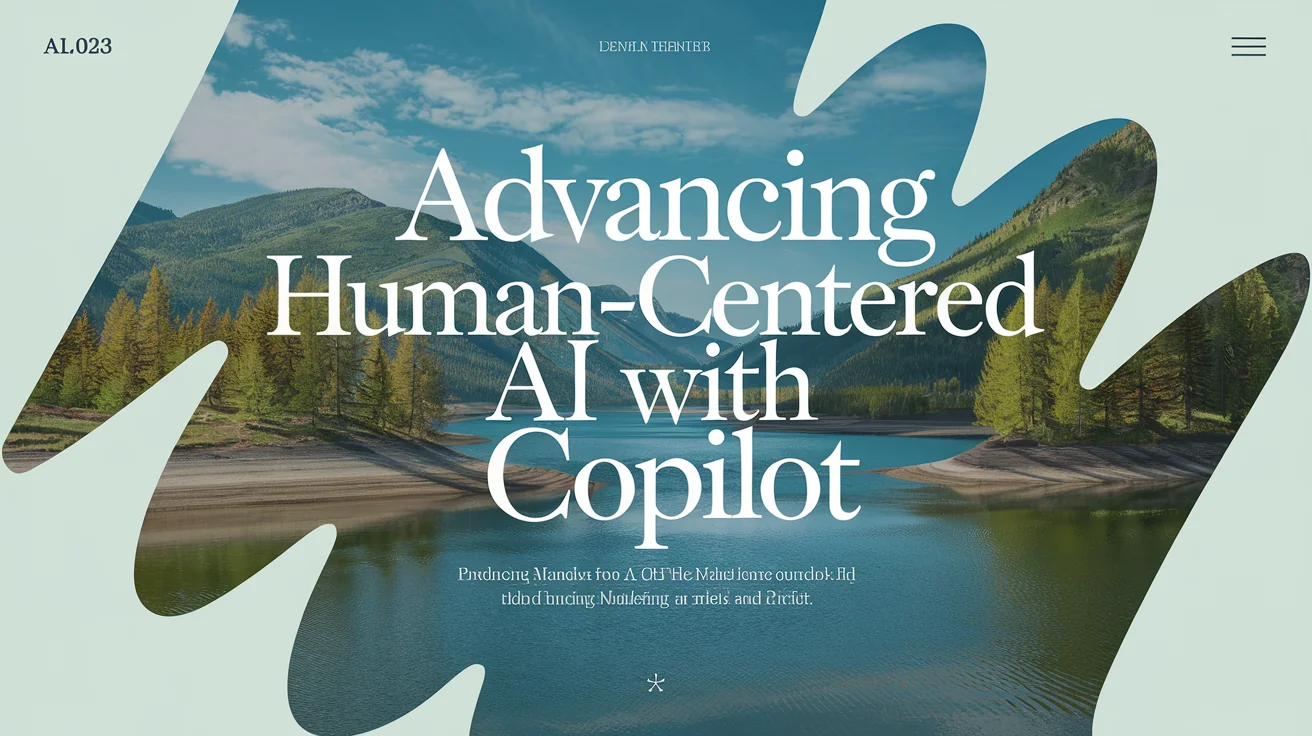Advancing Human-Centered AI with Copilot

On October 23, 2025, Microsoft announced the release of the Copilot Fall Release, a significant advancement in the journey towards a more personal and human-centered approach to artificial intelligence (AI). In the face of an overwhelming amount of information about AI—often fraught with fear and skepticism—Microsoft aims to promote a more optimistic perspective, emphasizing technology that serves humanity instead of demanding more attention from users.
The core concept that underpins the Copilot experience is straightforward: technology should always work for people, and not the other way around. This philosophy guides the development of Copilot, positioning it not just as a product, but as a promise to enhance user creativity, productivity, and relationships. Mustafa Suleyman emphasizes that the true value of AI should be measured by its ability to elevate human potential rather than its own intellectual capabilities.
Introducing AI Companionship
One of the key innovations in this release is the introduction of an AI companion feature. This assistant is designed to help users think, plan, and express themselves while always prioritizing their needs and context. Rather than simply increasing user engagement, Microsoft seeks to reduce distractions and align AI more closely with the user’s lifestyle and preferences, reinforcing trust and fostering deeper connections.
Features that Connect Lives
Microsoft introduces compelling new features, such as the ability to collaborate in real-time through a feature called Groups, allowing up to 32 participants to brainstorm and work together seamlessly. This focuses on enhancing social interaction rather than isolating users, a progressive step for AI products that often prioritize solitary engagement. With Imagine, users can also explore and remix AI-generated ideas collaboratively, promoting a dynamic creative ecosystem.
Personalization at the Forefront
The Copilot is equipped with personalization capabilities to make it more adaptive to individual users’ styles and requirements. A new character named Mico, whose expressive and customizable nature enhances interactions, exemplifies Microsoft’s commitment to creating an engaging AI experience. Moreover, features like real talk styles promote empathetic dialogue, enabling Copilot to adapt discussions to better suit users’ emotional and conversational contexts.
Memory and Contextual Awareness
The latest enhancement includes long-term memory functionalities, mimicking a second brain for users. This allows Copilot to retain significant information such as personal goals or events, reducing the need for repetitive inquiries. Users maintain strict control over what memories are stored and can modify or erase them at their discretion, reinforcing the idea of ownership over personal data.
Impacts on Health and Education
Microsoft has identified health and education as primary sectors where Copilot can provide substantial benefits. With new features designed to answer health inquiries and connect users with reliable information, users can gain more control over their well-being. Additionally, in the education realm, Copilot serves as a Socratic tutor that engages users through dialogue rather than straightforward answers, enriching the learning experience.
Integrating AI Seamlessly Across Platforms
The Copilot is also evolving within the Microsoft ecosystem, including enhancements to Edge and Windows that will change how users interact with their devices. The introduction of a voice-only navigation mode, along with features that help organize browsing tasks, aims to make the experience more intuitive and user-focused.
With the rollout of these features already underway in the U.S. and expanding into other regions soon, users are invited to explore how Copilot can assist them more profoundly. Feedback is vital in shaping the future of these AI tools, ensuring they remain responsive and helpful to real human needs.